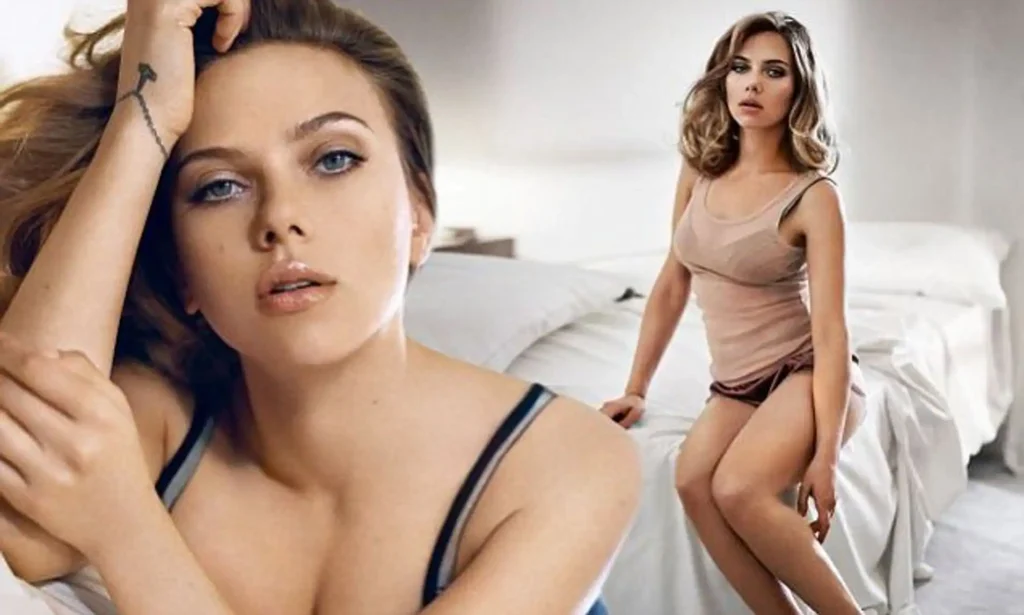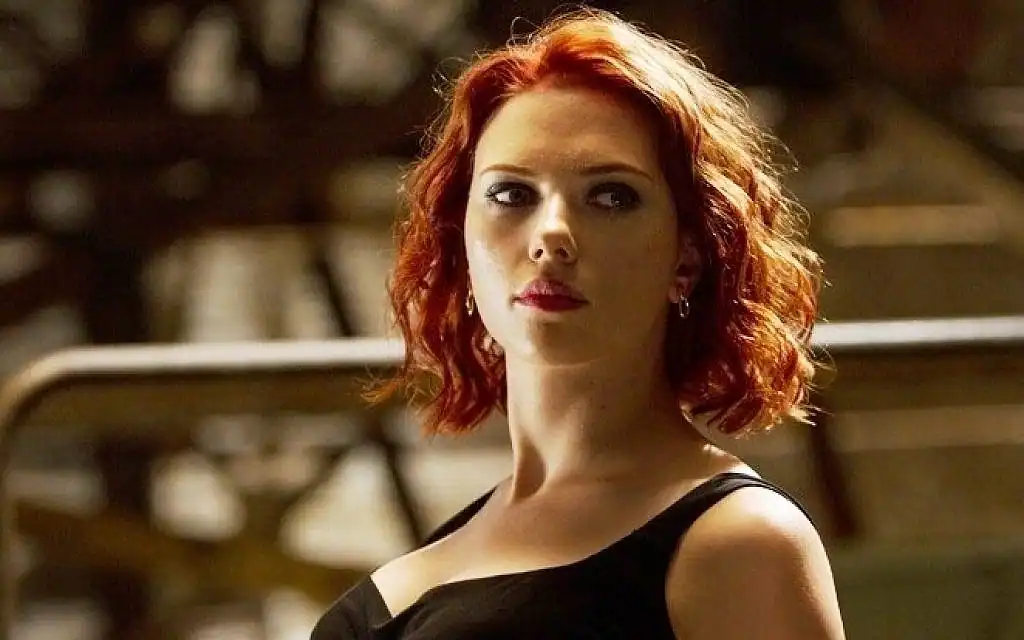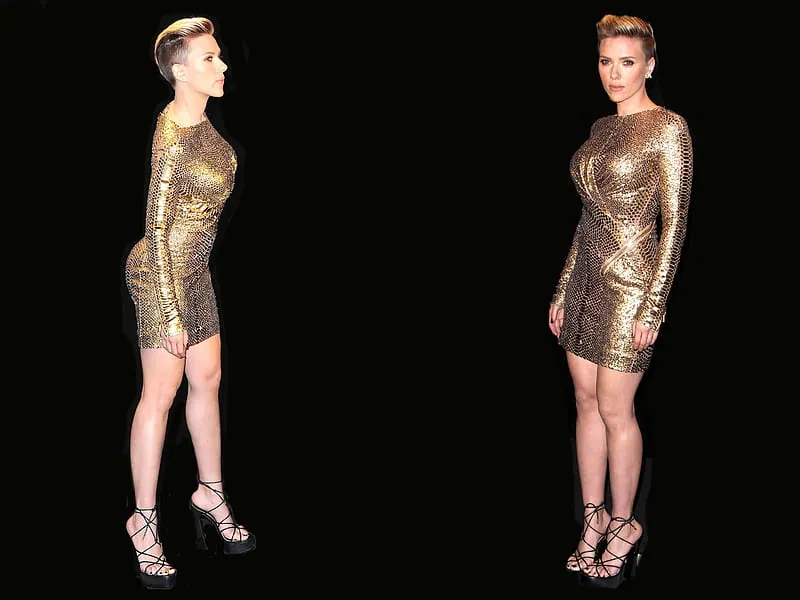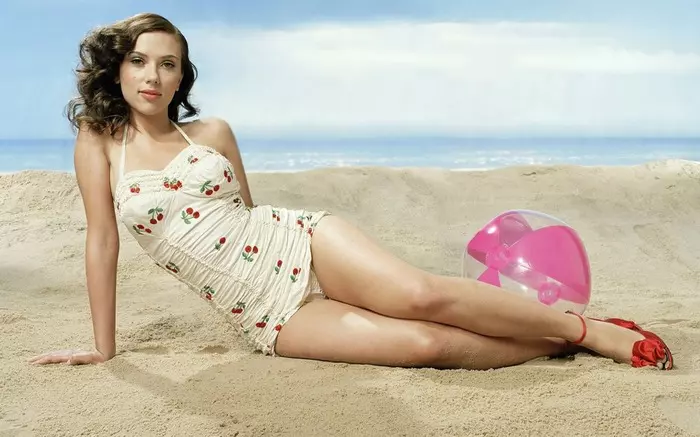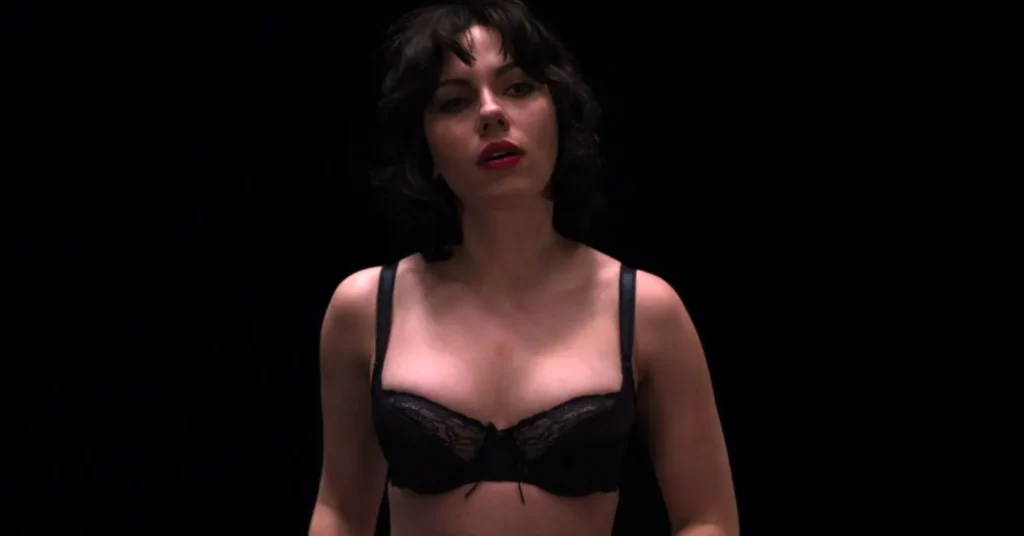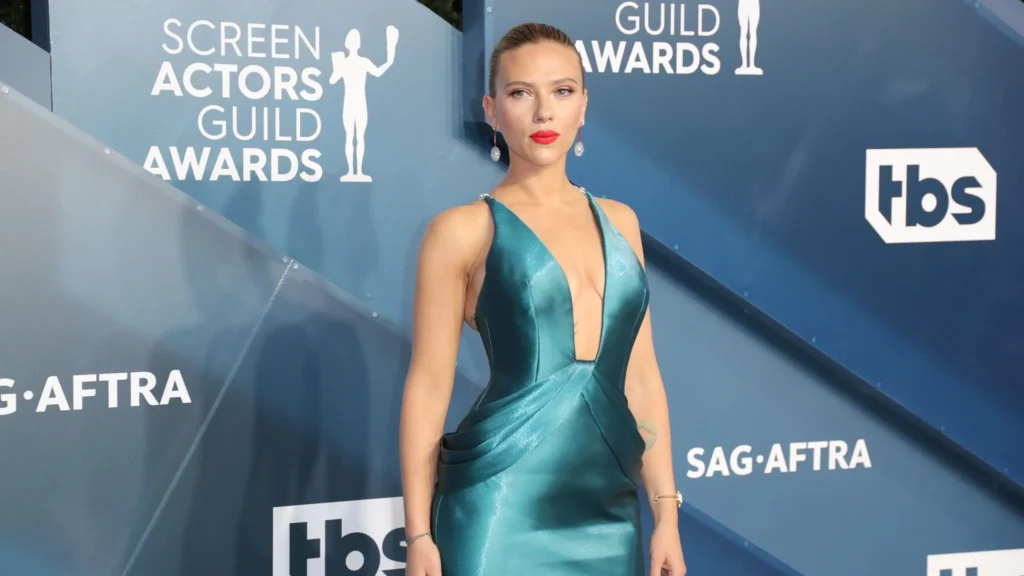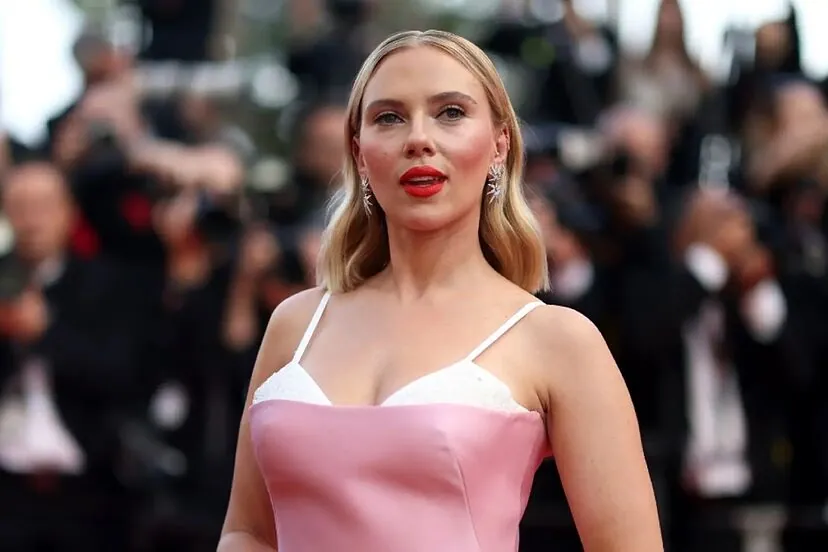Sam Altman, the CEO of OpenAI, has made quite a few enemies, including actress Scarlett Johansson. Known for her role as Black Widow, Johansson remarked that Altman might make a good villain, “maybe with a robotic arm,” due to their contentious relationship. This tension arose from the alleged nonconsensual use of her image. In May, OpenAI released GPT-4o with a setting named Sky, which Johansson said sounded eerily similar to her voice. Altman tweeted “her,” referencing Johansson’s role in the 2013 film “Her,” and had earlier approached her to be a voice actress for ChatGPT, which she declined.
Johansson expressed shock, anger, and disbelief that Altman would use a voice so similar to hers that even friends and news outlets couldn’t tell the difference. Altman denied that Sky was intended to resemble her voice, but it was taken down following the backlash. Johansson voiced concerns about the broader implications of such technology, likening it to a dark wormhole, especially given different international legislations. She noted the risks of deepfake technology, which can ruin lives, as she was thrust into the role of advocating for AI regulation, even testifying before Congress.
The clash between Hollywood and Silicon Valley over AI is intensifying. Without regulations, Hollywood faces significant threats from AI, as highlighted during the Writers Guild of America and Screen Actors Guild strikes. Many stars, from Nicolas Cage to Ashton Kutcher, have voiced concerns about AI’s impact on the arts, emphasizing the importance of owning one’s physical or audio likeness. This issue is particularly severe for sex symbols, who already struggle to control their image. Creepy incidents, like Sydney Sweeney reacting to a Samsung demo replicating her face, illustrate these challenges. Johansson warned that technology is advancing faster than humans can process, especially impacting young people, likening it to a thousand-foot wave.
